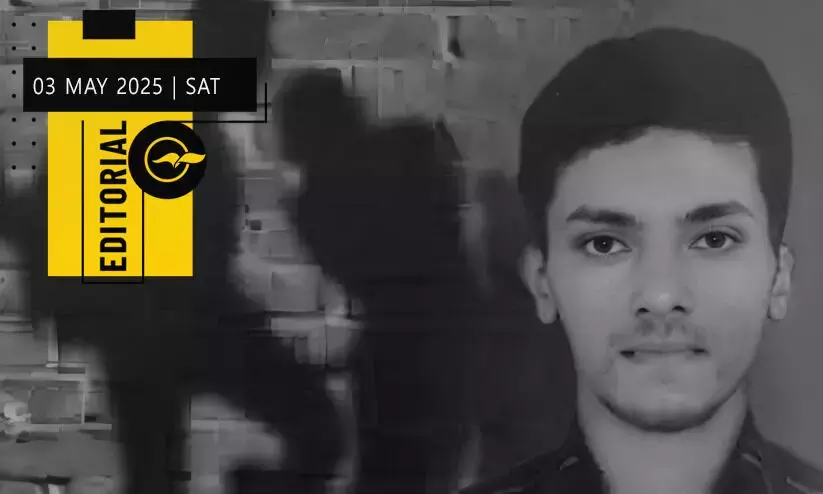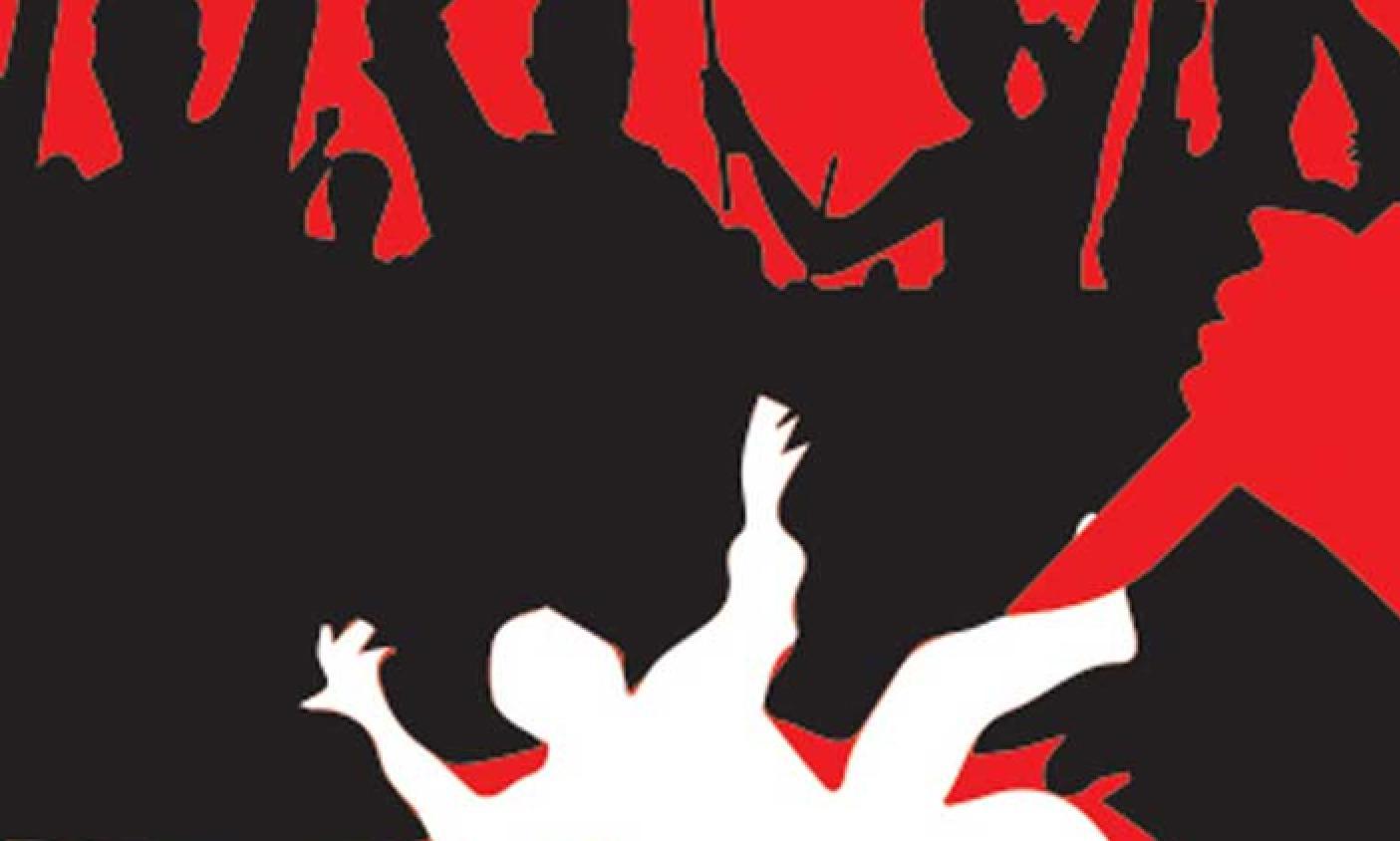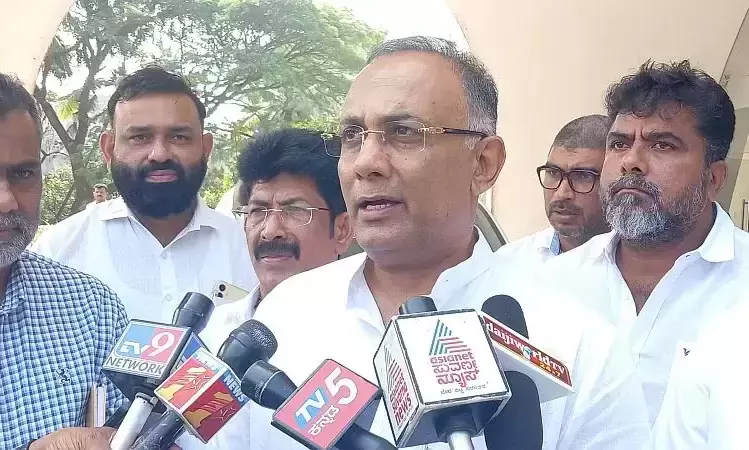
The ruthless murder in Mangaluru
text_fieldsDue to its repetition and prevalence, mob lynching in India has started to fade from news. This heinous crime, which unfolds across various regions of the country, fails to elicit even the slightest concern from the ruling government. The judiciary, which once issued strong warnings and oversight regarding mob lynching, has lately seemed to soften its voice. The media, on the other hand, seems more enthusiastic about spreading false narratives and baseless accusations against those who have been brutally murdered rather than holding the perpetrators accountable. Over 80% of the victims of this severe human rights violation belong to Muslim, Dalit, and Adivasi communities. The attackers are often members or allies of Sangh Parivar. Their outfits have also shown particular interest in defending the accused, ensuring their legal protection, and celebrating their release after securing bail.
For the past 11 years, especifically since the BJP, under Narendra Modi’s leadership, won a majority in the Lok Sabha elections, mob lynchings have continued, beginning with the murder of IT professional Mohsin Shaikh in Pune. The latest such incident occurred last week in Mangalore. Ashraf, a young man from a family that had migrated from Kottakkal, Malappuram, to Pulpally, Wayanad in Kerala was killed. He was mentally unsound and had gone to watch a local cricket match near a temple in Kudupu, Mangalore. The attack was carried out by members of the Bajrang Dal and Yuva Morcha from the ‘Samrat Guys’ team, allegedly because he drank water that had been kept for the players. They later justified the assault by falsely claiming that he had shouted ‘Pakistan Zindabad’. The fact that a mentally unwell person was brutally beaten simply for drinking a glass of water is itself a horrifying reflection of the lack of humanity. Worse still, after his murder, a false accusation that he had chanted pro-Pakistan slogans was widely circulated - repeated by the media and even Karnataka’s Home Minister. This was not just a case of mob violence; it was a ruthless attack, where an innocent person was unjustly killed, and then heinous lies were fabricated to justify the crime.
Incidents like these are a daily occurrence in states such as Uttar Pradesh, Gujarat, Haryana, Rajasthan, Maharashtra, Jharkhand, Chhattisgarh, and Uttarakhand. While South India has not been entirely free from such violence, the frequency has been comparatively lower. Kerala, too, has witnessed mob lynchings, but this is the first time a Malayali has been killed in another state in such a manner. Unlike Kerala’s ruling party members, who unquestioningly accept the statements of the home minister as absolute truth, Karnataka’s Youth Congress and Minority Cell activists have come forward to demand justice for the victim. More than 15 Sangh Parivar members directly involved in the murder have been arrested, and three police officers have been suspended for negligence. The Sangh Parivar, which had consistently incited communal unrest for political gain during BJP rule, is now attempting to regain influence after being out of power for two years. This resurgence is driven by narratives shaped after the Pahalgam terrorist attack. Not a single Muslim in the country supported the Pahalgam incident; every Muslim organisation and nearly all mosques condemned the attack and prayed for the victims. Yet, Sangh Parivar extremists continue to weaponise narratives like ‘Love Jihad’, ‘Beef’, and ‘Pakistan’ to justify violence against Muslims and their livelihoods. They are aided by media groups that amplify these narratives. As long as the government, judiciary, and society remain passive spectators, this brutal cycle will persist.
Is chanting 'Pakistan Zindabad', whether proven in court or not, a crime fit of execution? Three nights ago, a Pakistani flag was found pasted on the wall of a public toilet near Akaipur railway station, under the jurisdiction of Gopalnagar Police Station in North 24 Parganas district, West Bengal. Given the ongoing border tensions, the police immediately launched a detailed investigation. It was discovered that two individuals, Chandan Malakar and Prajnajit Mandal were responsible for placing the flag. They had also written 'Hindustan Murdabad' and 'Pakistan Zindabad' on the wall, intending to incite communal unrest in the area. According to senior police officials, both of them, who are members of the Sanatani Ekta Manch organisation, confessed to their plan. Once it was revealed that the perpetrators were Sanatanis, Sangh Parivar’s cyber operatives quickly withdrew from the narrative. However, if the police had not identified the culprits in time and exposed their conspiracy, countless innocent people could have been falsely accused and brutally attacked in retaliation.




















